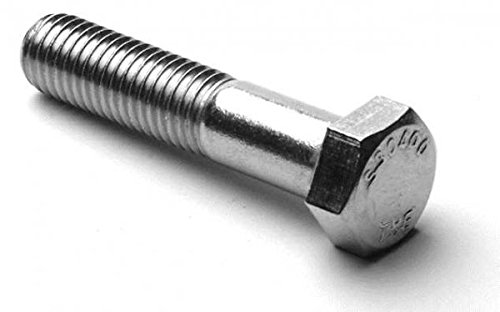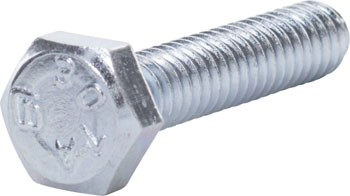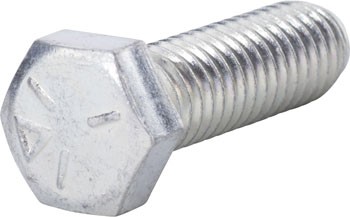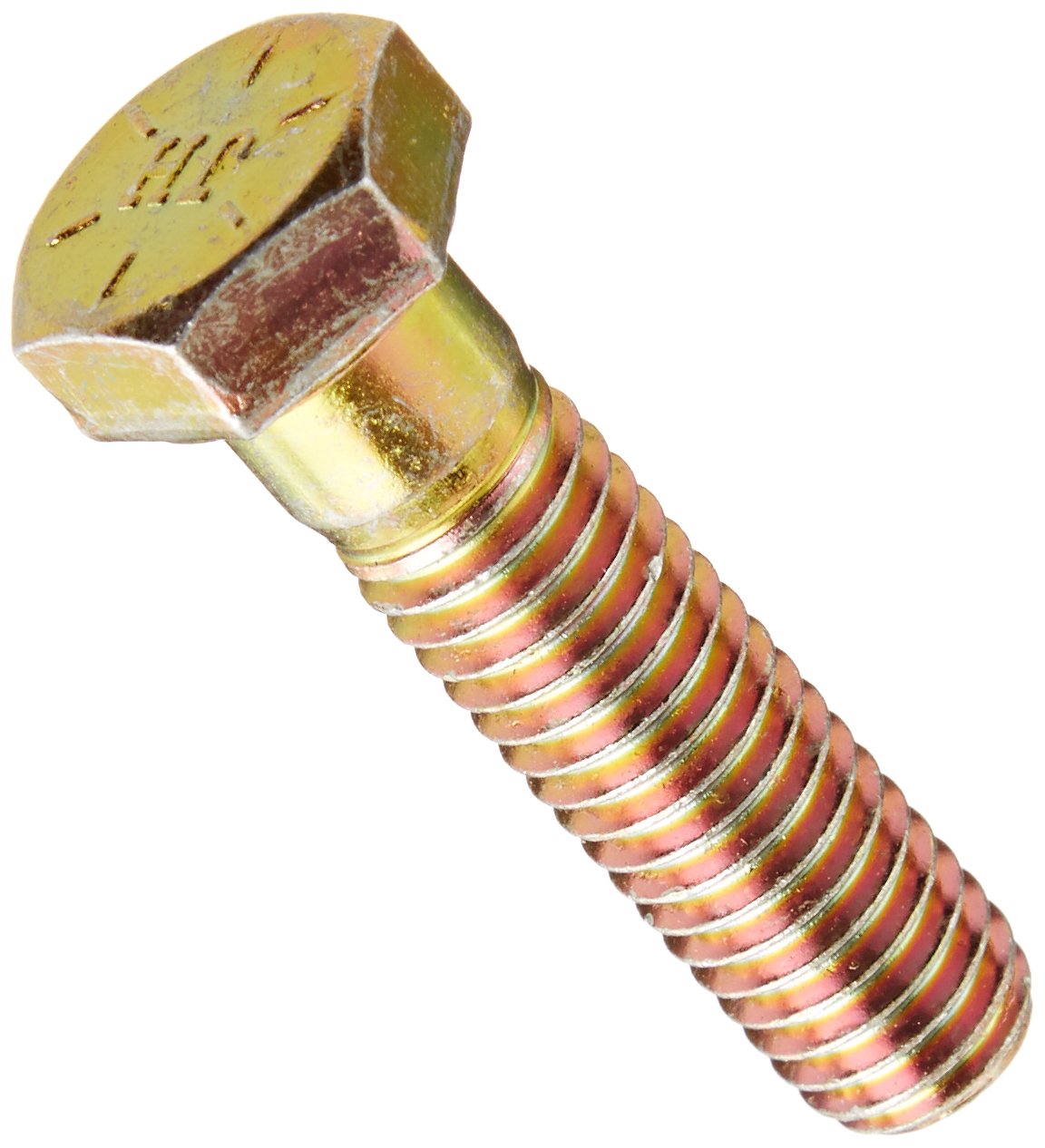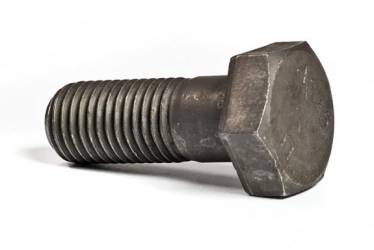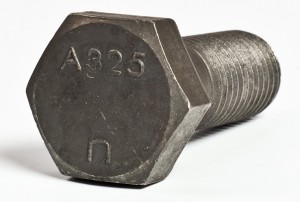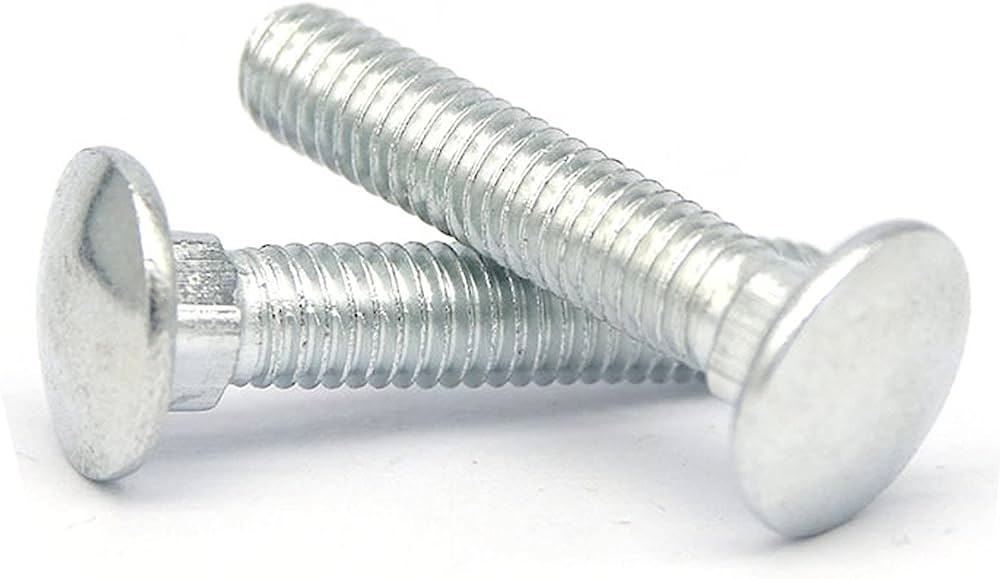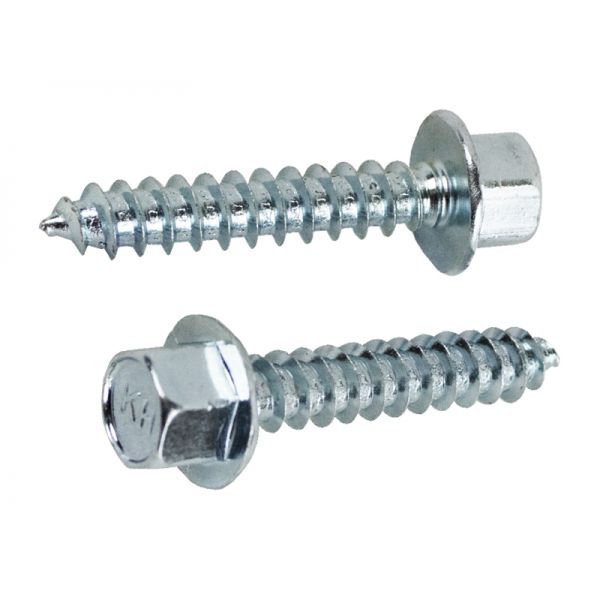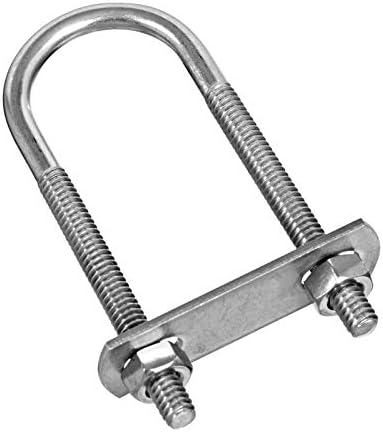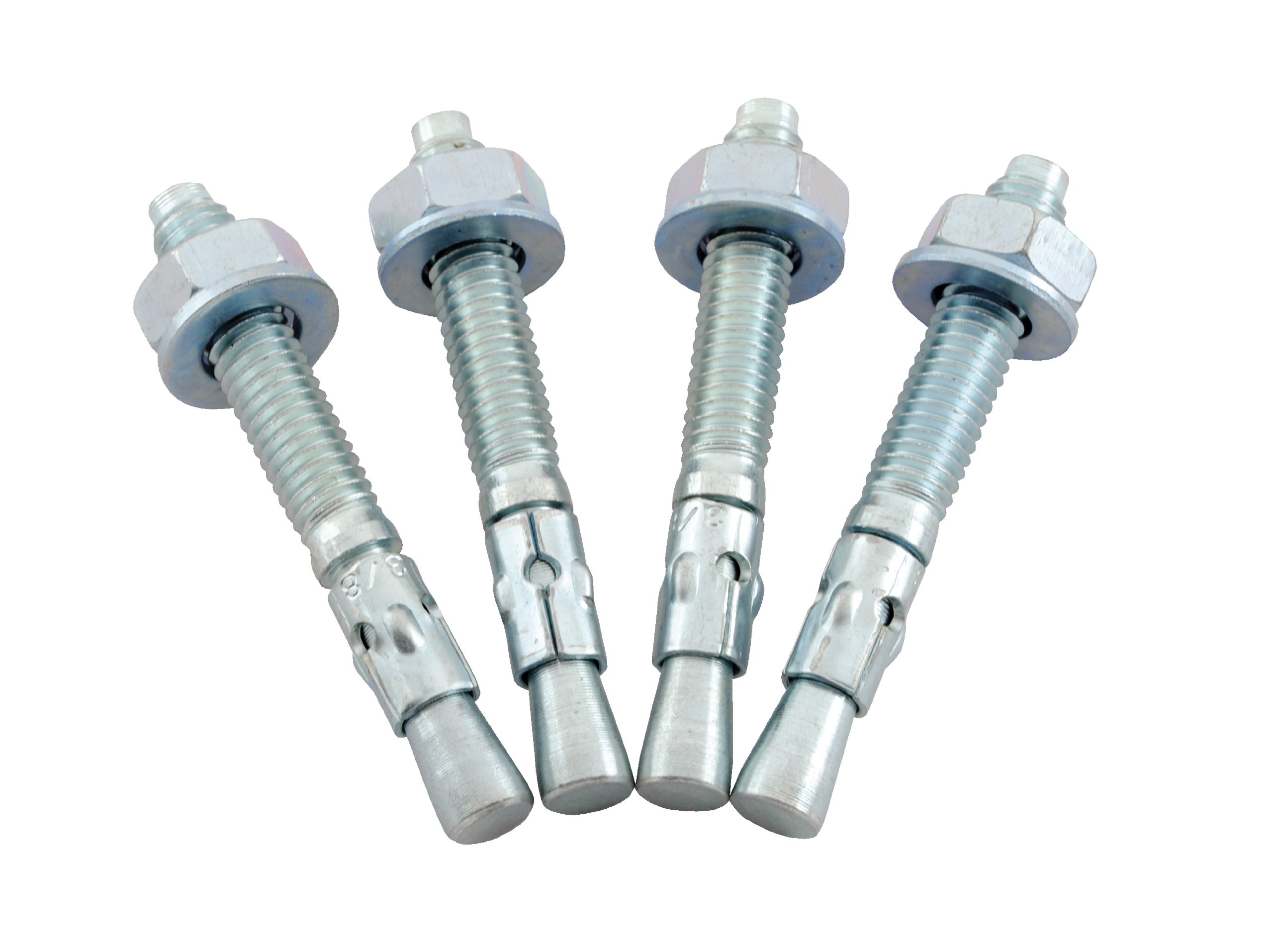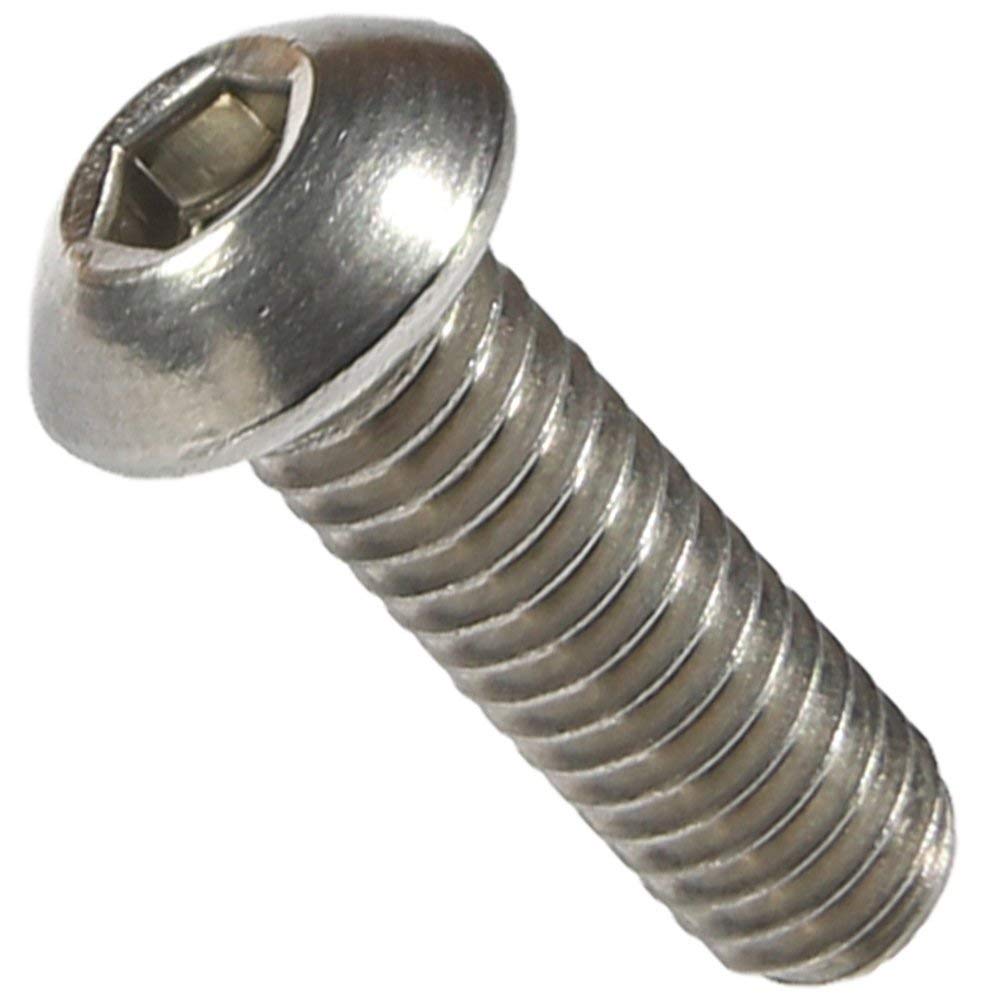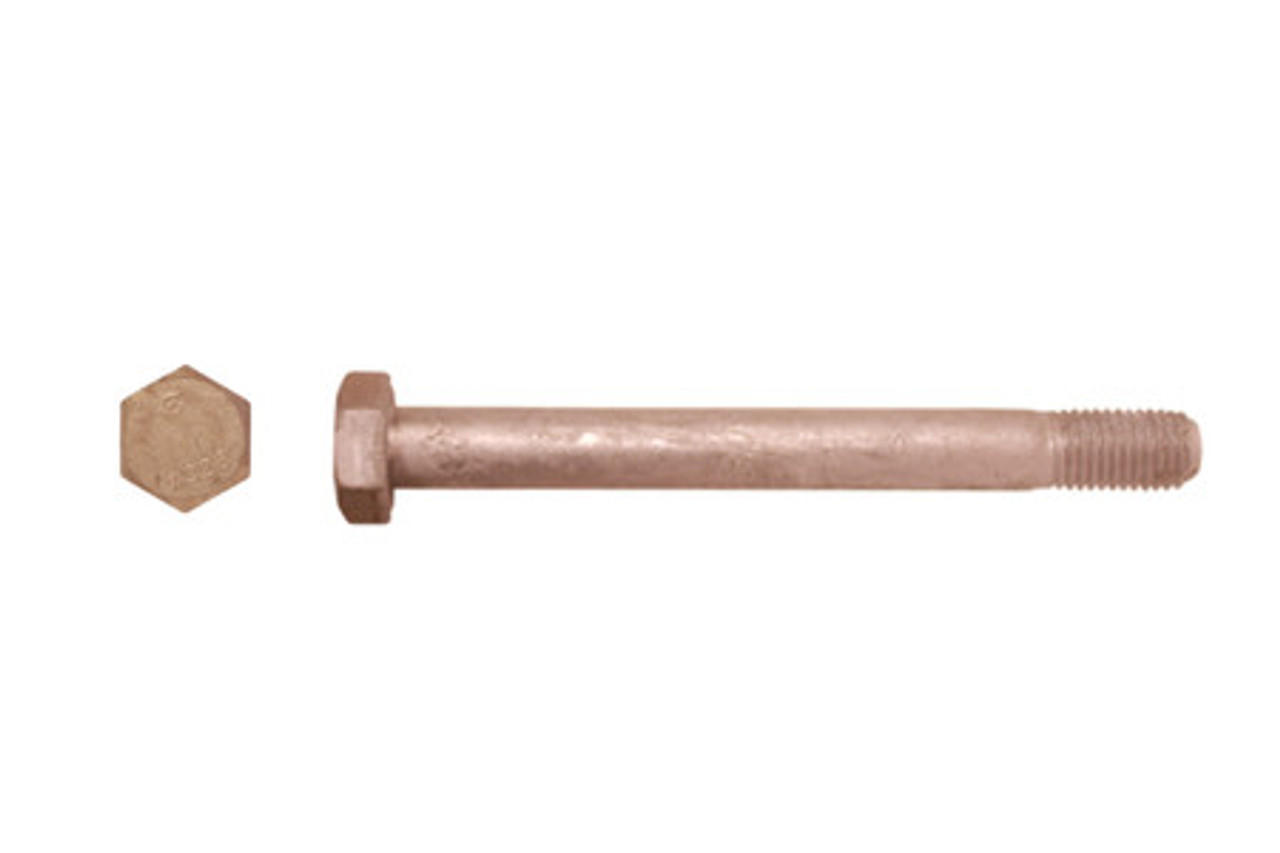Metric Bolts
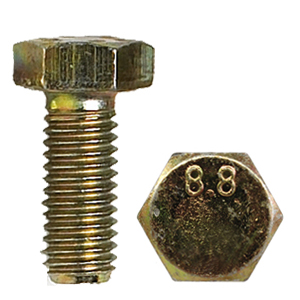
A metric bolt is a type of fastener that follows the metric system for measurements, specifically the metric thread standard. Unlike imperial bolts, which use inches as the unit of measurement, metric bolts are sized and specified in millimeters.
Metric bolts come in various sizes and configurations, including different thread pitches, lengths, and diameters. The most common metric bolt types include hex bolts, socket head cap screws, and carriage bolts, among others. These bolts are manufactured with specific dimensions to meet industry standards and ensure compatibility with metric-sized nuts, washers, and other fastening components.
Metric bolts are used in a wide range of applications across industries such as automotive, machinery, construction, and manufacturing. They provide reliable and standardized fastening solutions for assembling components, securing structures, or joining parts together.
One advantage of metric bolts is the greater precision and consistency offered by the metric measurement system. The use of millimeters allows for finer adjustments and tighter tolerances in applications, resulting in more accurate and reliable fastening.
When working with metric bolts, it is crucial to ensure proper selection based on the specific requirements of the application, including the desired strength, thread pitch, and material composition. Metric bolt grades, such as 8.8, 10.9, or 12.9, denote their tensile strength and performance characteristics.
Metric bolts have gained widespread adoption worldwide, as the metric system is widely used and standardized across many countries. Their availability and compatibility with metric-sized tools and hardware make them a versatile and widely used option for numerous fastening applications.
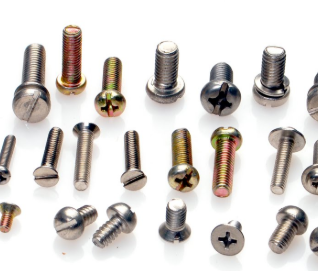 SCREWS
SCREWS
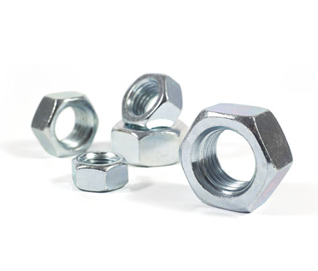 NUTS
NUTS
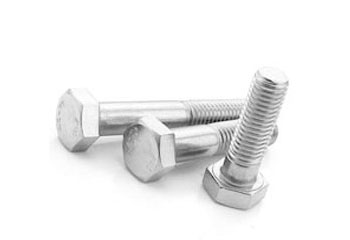 BOLTS
BOLTS
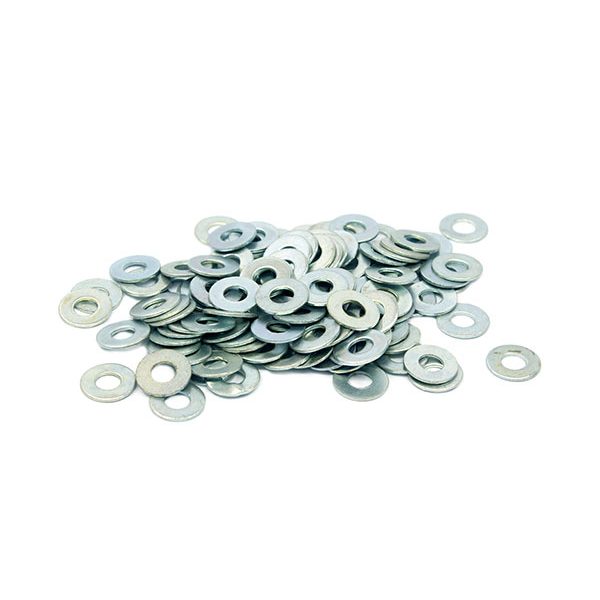 WASHERS
WASHERS
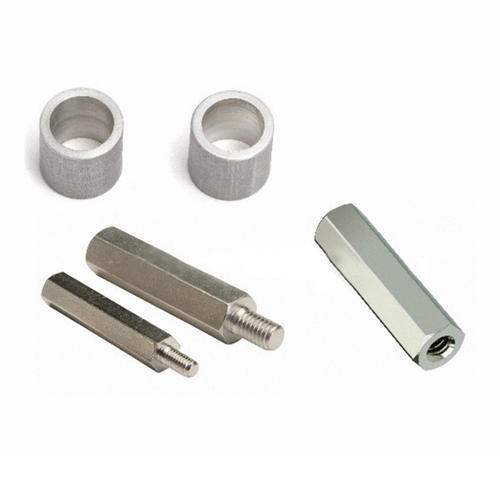 SPACERS & STANDOFFS
SPACERS & STANDOFFS
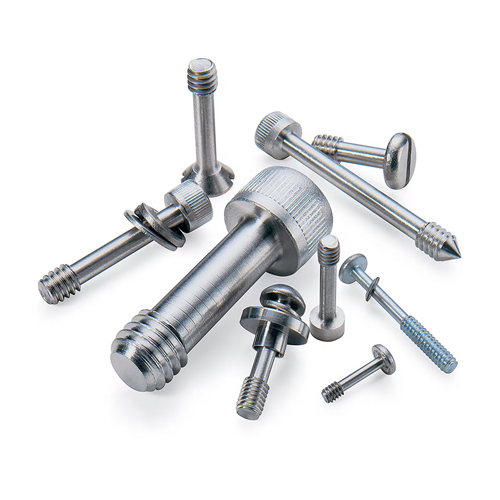 PRECISION/CUSTOM PARTS
PRECISION/CUSTOM PARTS
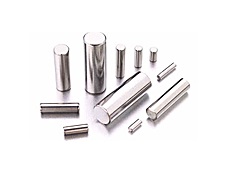 PINS
PINS
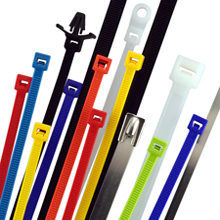 WIRE HANDLING
WIRE HANDLING
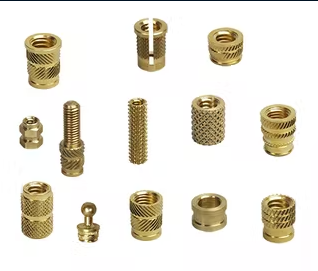 INSERTS
INSERTS
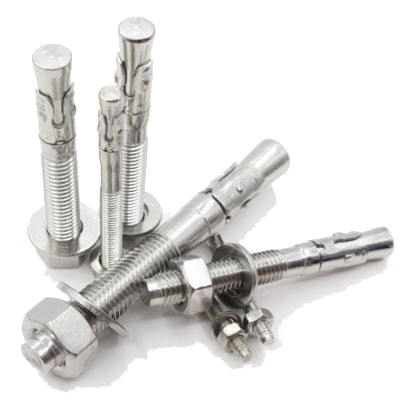 ANCHORS
ANCHORS
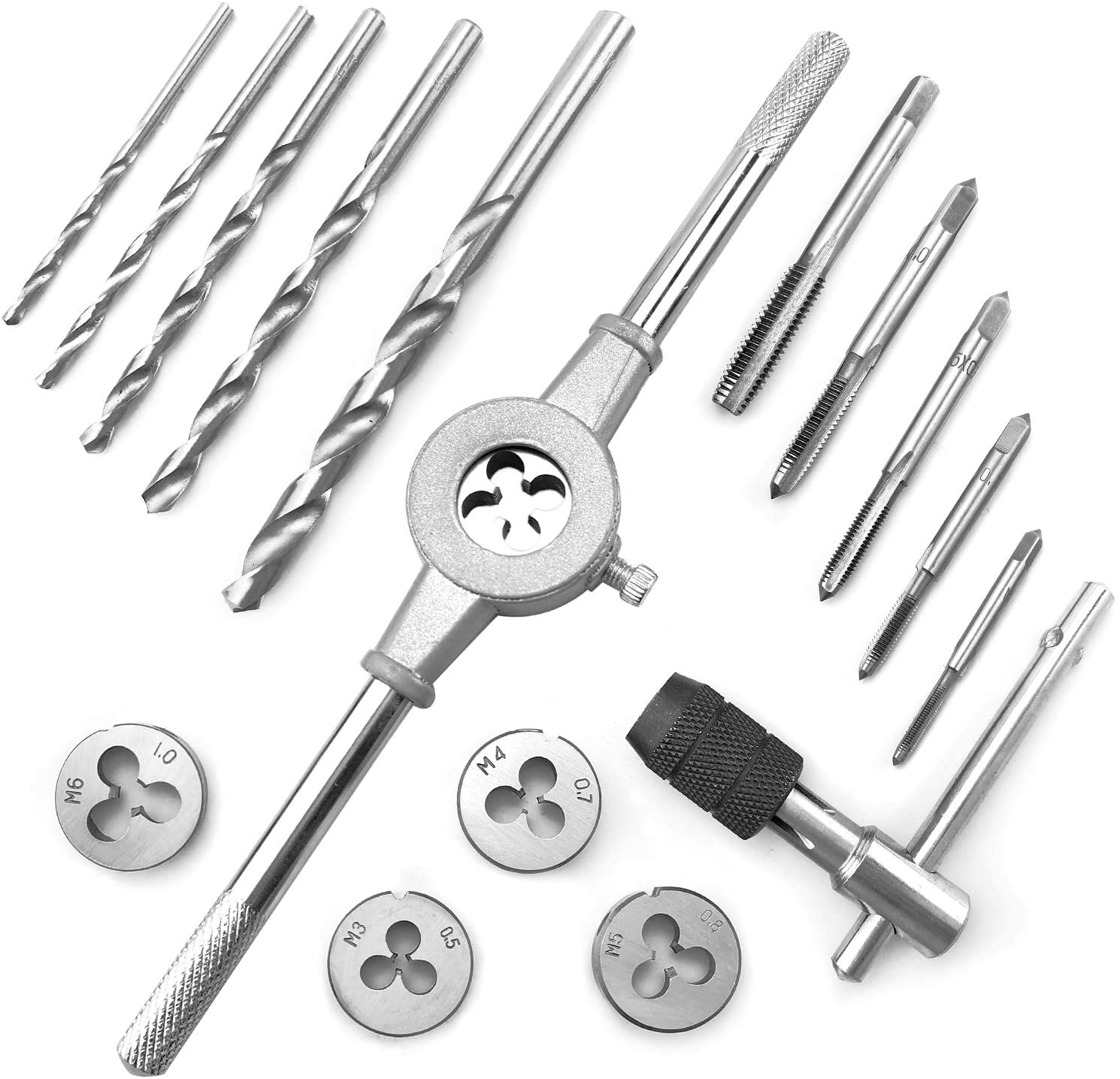 DRILL BITS, TAPS, & DIES
DRILL BITS, TAPS, & DIES
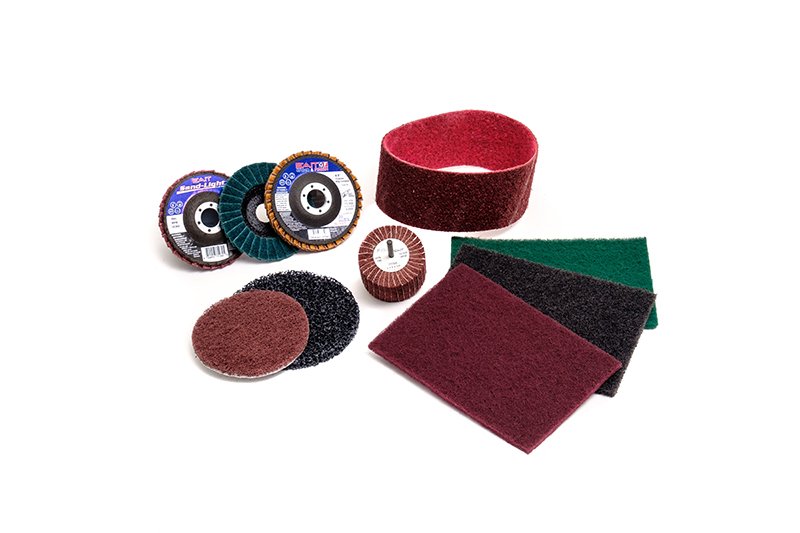 ABRASIVES & SAWBLADES
ABRASIVES & SAWBLADES
 SAFETY EQUIP.
SAFETY EQUIP.
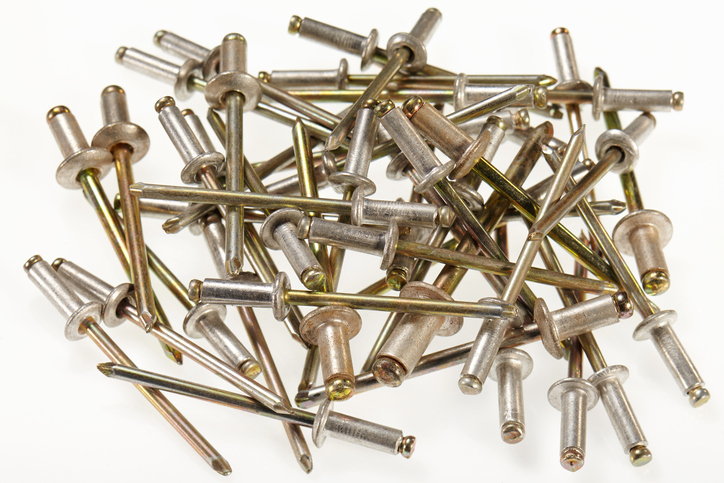 MISC.
MISC.
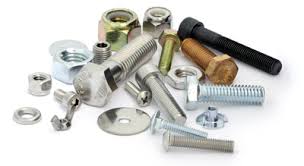 MATERIAL TYPES
MATERIAL TYPES
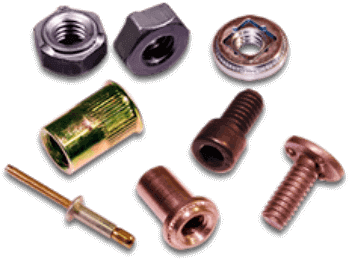 PLATING TYPES
PLATING TYPES
